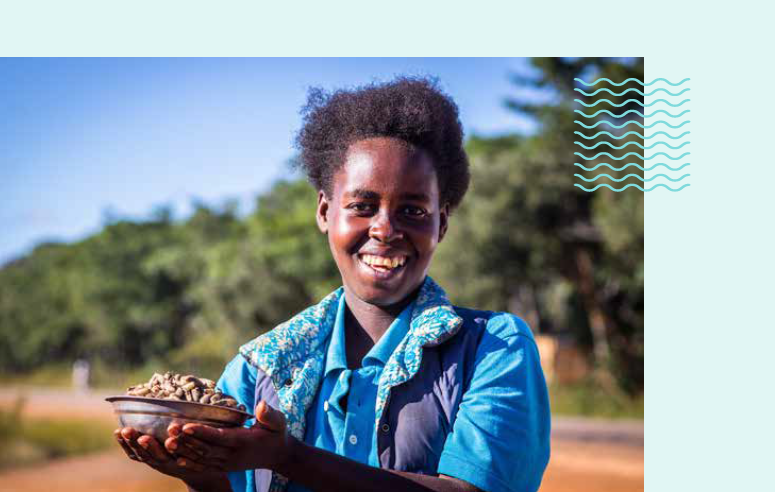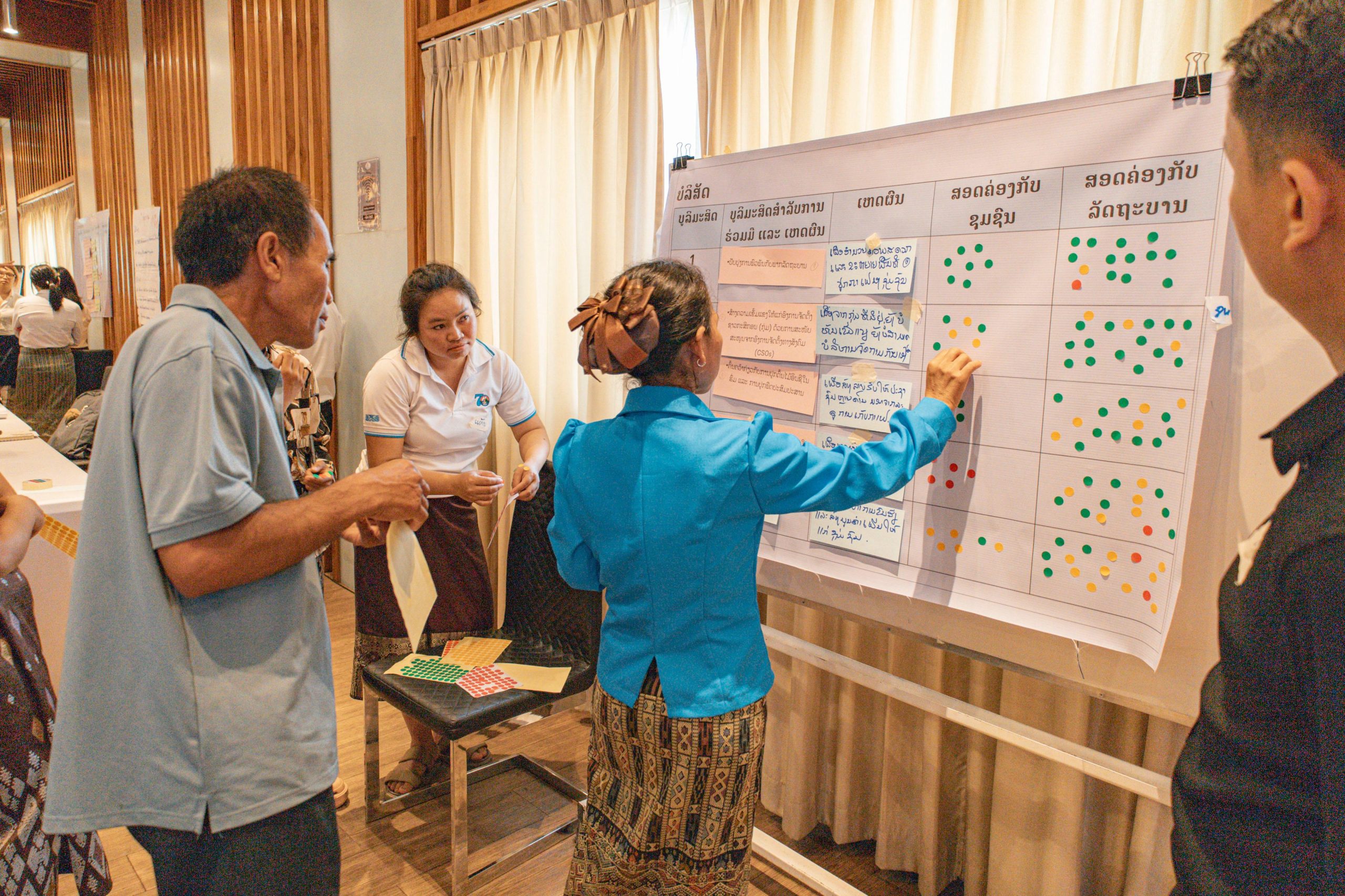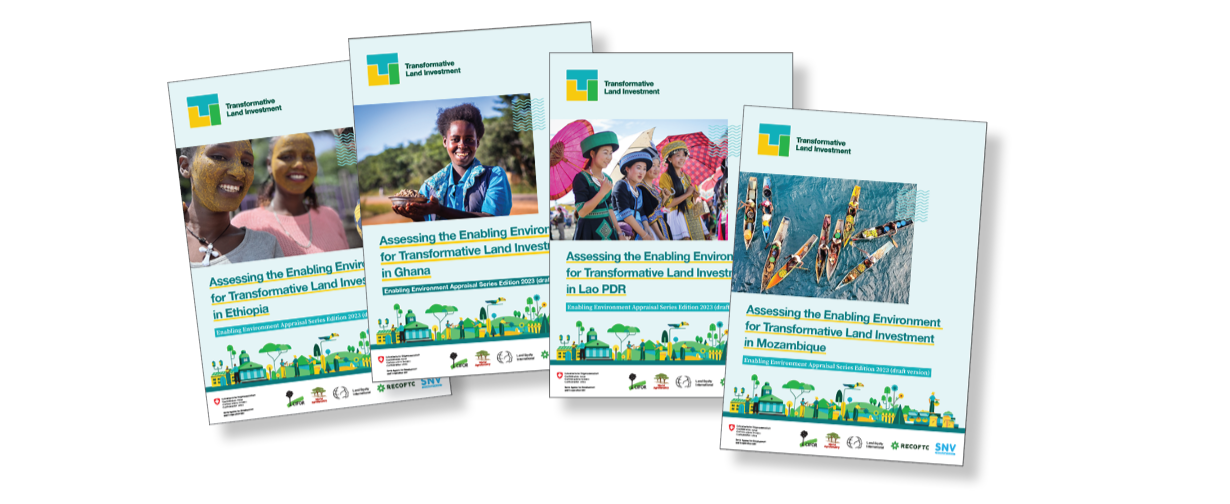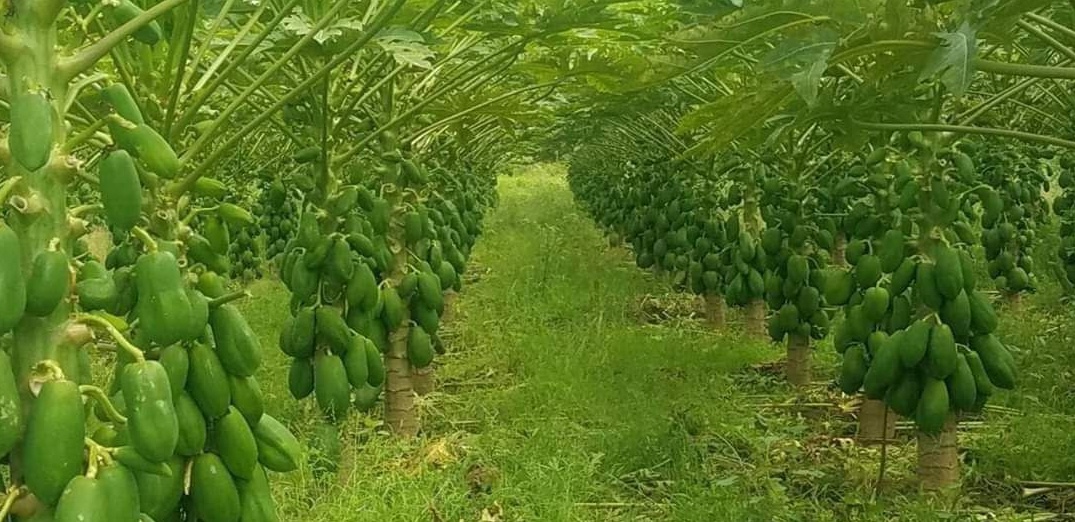
Rethinking investment: Lessons from Ethiopia
Ethiopia’s ambitious efforts to attract agricultural investment – both domestic and foreign – have placed it at the forefront of land-based development strategies in Africa. But as highlighted in our Enabling Environment Appraisal for Ethiopia, the road to truly transformative land investment is far from straightforward.
Our baseline review of 2023 was updated for 2024 and is now under internal review. The report assesses Ethiopia’s policy and legal frameworks through the lens of the 14 TLI principles, encompassing governance, inclusion, environmental sustainability, and societal well-being. The aim? To understand what it takes to move beyond land acquisition toward land transformation.
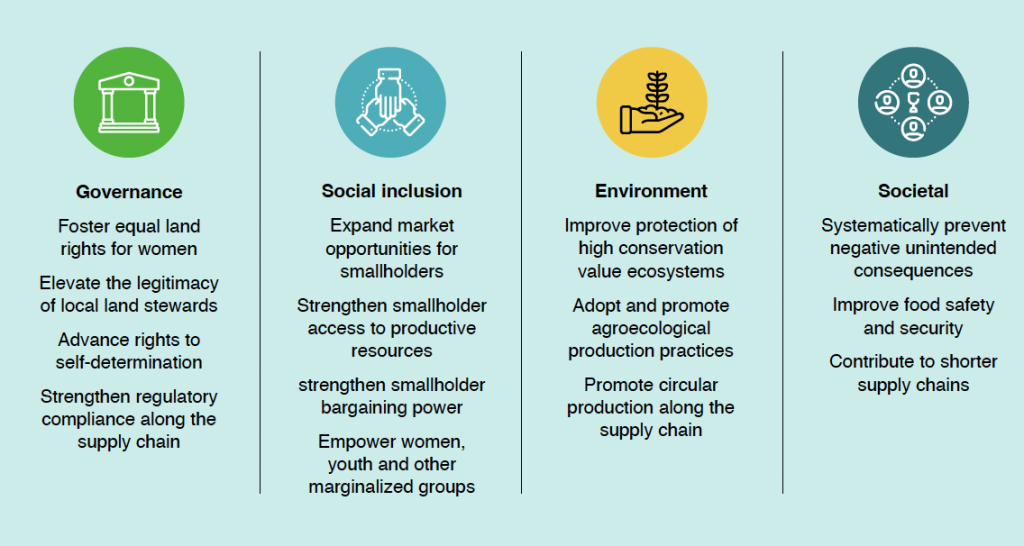
What did we learn from Ethiopia?
The Ethiopia report uncovers both progress and persistent barriers. It recognizes that the country has a wealth of policies aimed at green and inclusive investment – ranging from constitutional land protections to fiscal incentives for agroecology. However, implementation remains patchy.
- Legal ambiguity around land tenure continues to undermine landholder confidence and limits their willingness to co-invest or innovate.
- Gender disparities persist, with women often excluded from formal ownership despite joint certification efforts.
- Environmental regulations exist but are weakly enforced, with practices like forest clearing threatening biodiversity hotspots like the Yayo Coffee Forest.
- Land-use planning, a vital ingredient for sustainable investment, is often absent or fragmented across jurisdictions.
These gaps are not just technical; they’re systemic. And addressing them demands coordinated, multistakeholder responses – exactly the type of collaborative processes the TLI programme has been piloting in Africa in Ethiopia, Ghana and Mozambique, and in Asia in Laos and Myanmar.
How this fits into TLI’s transformative investment workstream
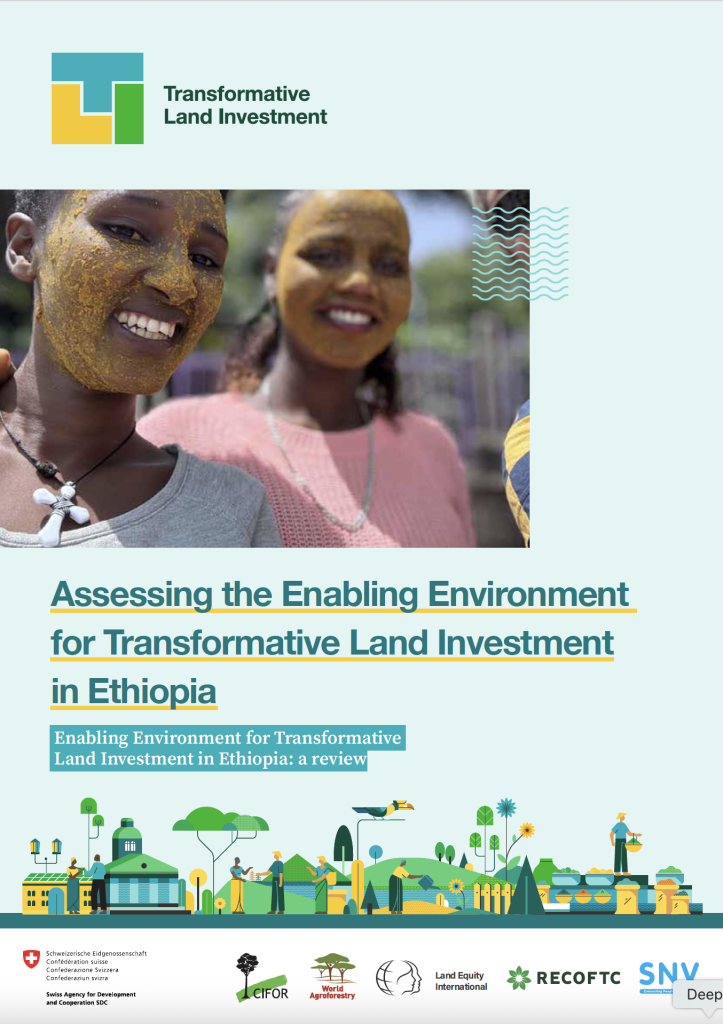
This work sits at the heart of TLI’s Transformative Investment Workstream, which aims to reshape how land-based investments are conceived and executed. It reflects the programme’s Theory of Change, which posits that lasting transformation comes not only from better practices but from better systems – ones governed inclusively, implemented transparently, and oriented toward justice and resilience.
In Ethiopia, the TLI team engaged with Multi-Stakeholder Platforms (MSPs) to triangulate policy analysis with real-world observations. This aligns with the TLI approach of using Communities of Practice to contextualize reform pathways, making abstract principles actionable at local and national levels.
The Ethiopia appraisal contributes directly to TLI’s outcome pathways by:
- Informing policy dialogue that fosters socially legitimate and gender-equitable land governance;
- Supporting capacity building for both state and non-state actors;
- Identifying entry points for sustainable financing mechanisms, such as agroecological incentives and fairer land acquisition processes.
Why this matters beyond Ethiopia
Ethiopia’s experience is not unique. Across the Global South, countries are grappling with similar tensions: how to attract investment without displacing communities; how to balance growth with conservation; how to respect customary rights while enhancing legal clarity.
The methodology used in this Enabling Environment Appraisal offers a replicable blueprint. By assessing laws, incentives, practices, and institutional capacities against a shared framework, TLI helps governments and partners identify where transformation is most needed – and most possible.
Scaling this work globally means scaling not just a set of tools, but a way of thinking. One that values integration over fragmentation, long-term stewardship over short-term gains, and above all, the co-creation of landscapes that serve both people and planet.


